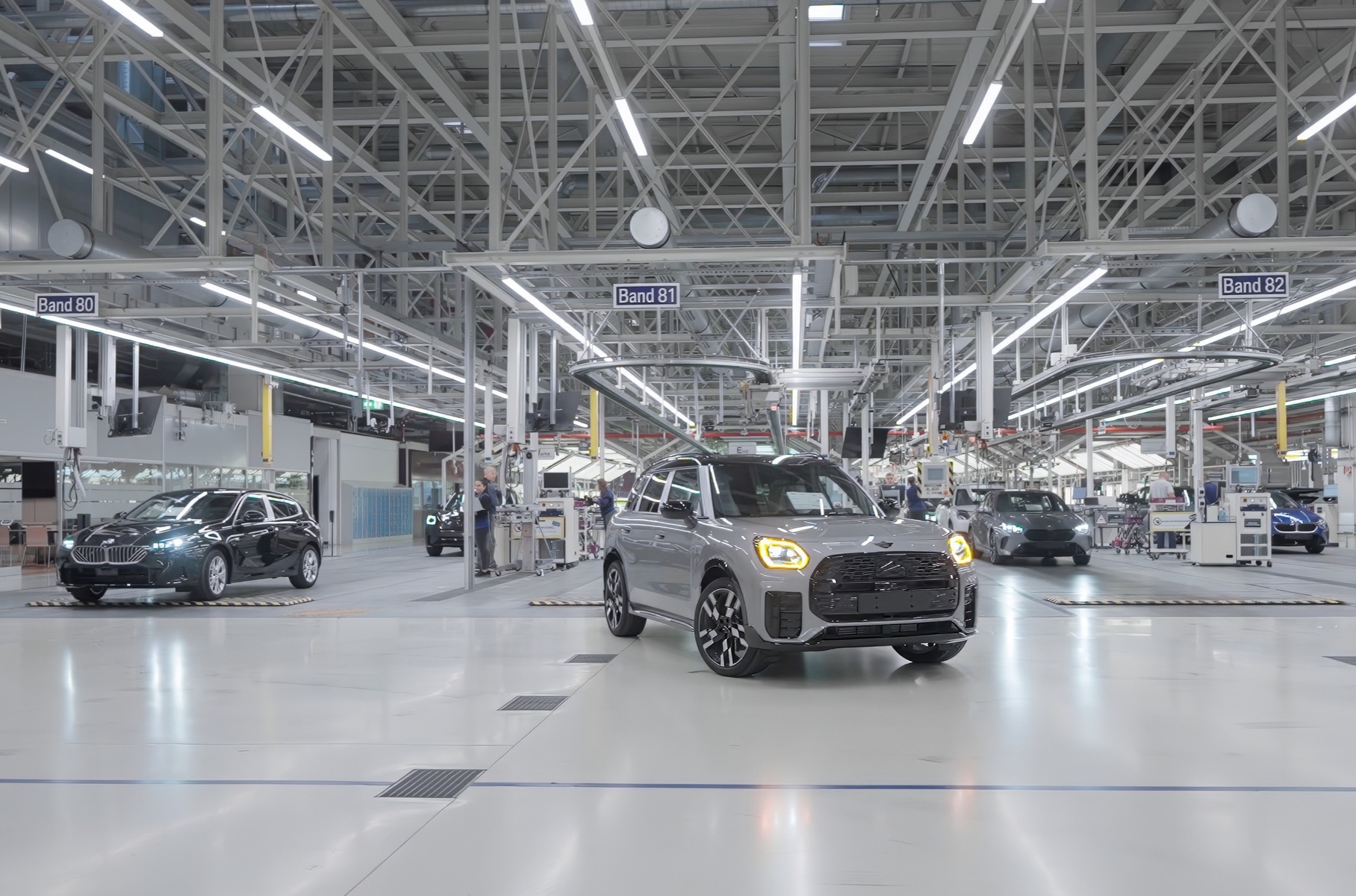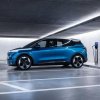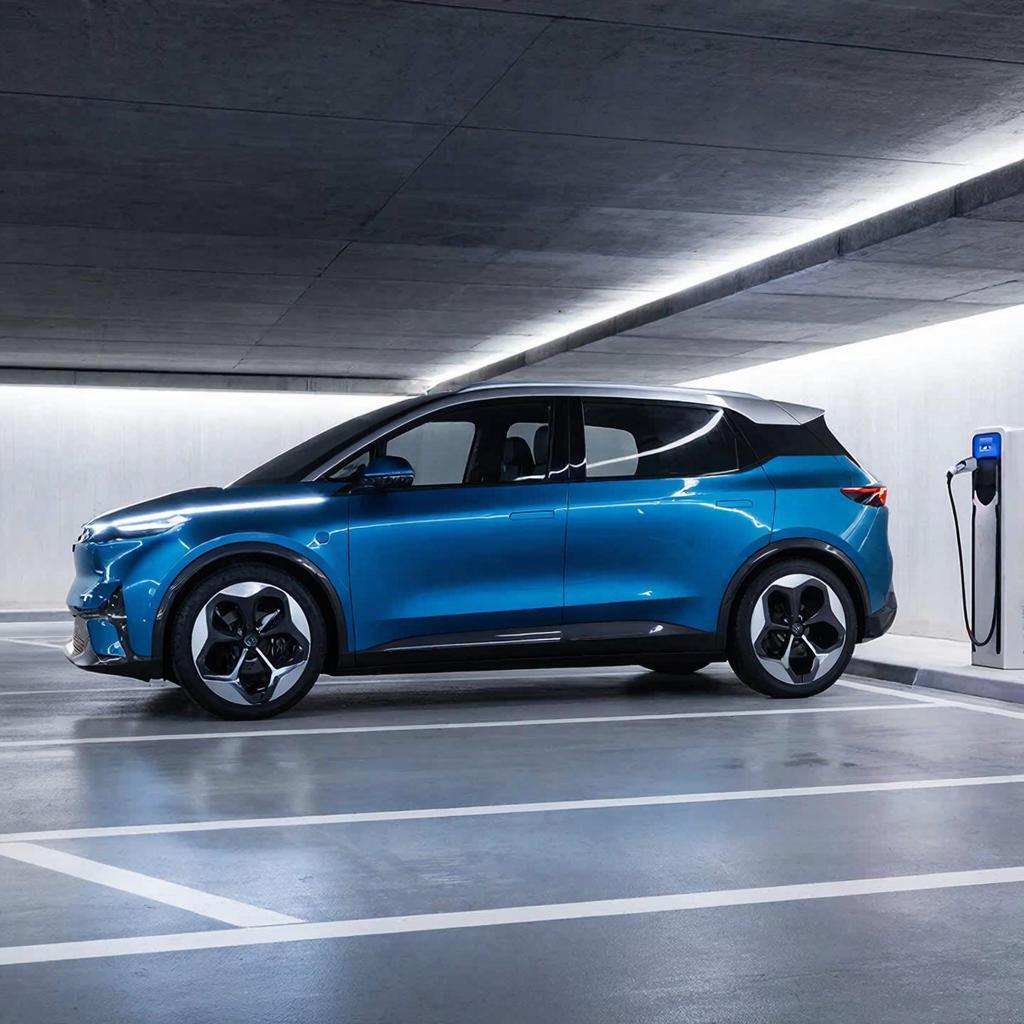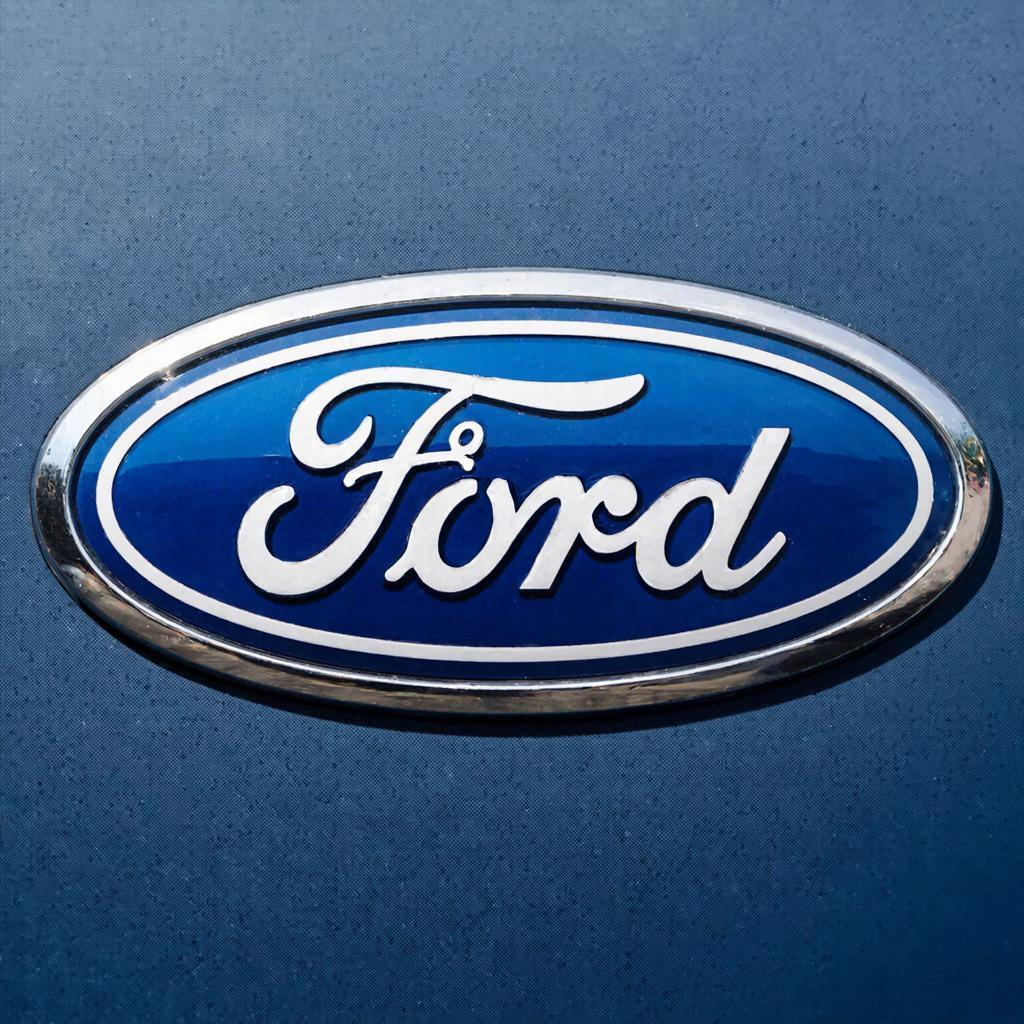The European People’s Party proposes to revise the adopted law based on the principle of technological neutrality. Consumers, MPs say, should have the right to choose, and climate goals can be achieved by combining different solutions. This can be either synthetic fuel or plug-in hybrids.
The largest and oldest faction in the European Parliament, the European People’s Party (EPP Group), published a memorandum in which it pointed out the need to revise the EU’s climate strategy in relation to the auto industry. Today the industry generates 7% of the EU’s gross domestic product and employs 13.8 million people, so if everything falls apart, it will be a huge blow to the economy. The deputies’ fears are not in vain, since there is a decline in the growth rate of sales of electric vehicles and certain companies are sliding into crisis – for example, Volkswagen and Stellantis.
First of all, EPP Group proposes to roll back the sensational ban on the sale of new passenger cars and light commercial vehicles with internal combustion engines. The document, according to deputies, contradicts EU legislation, since it abolishes the principle of technological neutrality, in other words, it deprives consumers of the right to choose. After all, it is possible to reduce harmful emissions not only by a massive transition to electric cars. There are also alternative fuels (synthetic, bio-, hydrogen) and plug-in hybrids, the role of which for some reason is kept silent.
There are other initiatives in the EPP Group memorandum. For example, deputies call on EU governments to actively fund developments in the field of AI, autonomous driving technologies and new types of fuel. It would be useful to invest in infrastructure, waive fines, synergy with other industries and transition to a circular economy, which will reduce the dependence of the auto industry on the import of raw materials – mainly, of course, we mean raw materials for batteries.
To stimulate sales of green cars, EU Member States can introduce innovative support schemes such as purchase incentives, VAT reductions or subsidized leasing. All in all, EPP Group offers a less stressful path to achieving climate neutrality. It is difficult to say how much it corresponds to the goals of the European Parliament, but here we must take into account that, in general, not all countries supported the ban on the sale of cars with internal combustion engines, and now they have strong support.
New hydrogen: environmentally friendly innovations








